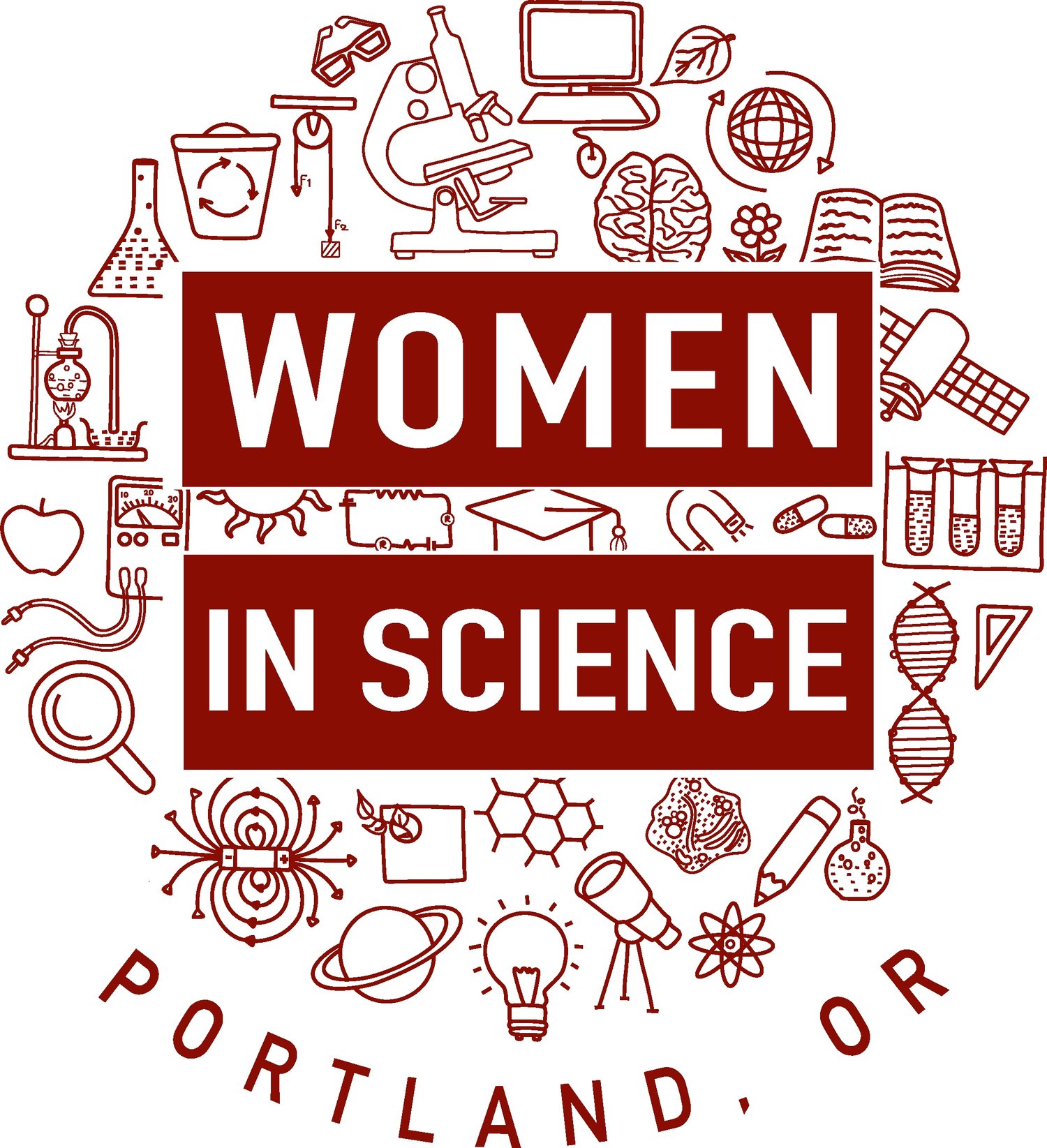November 28: Loneliness and Neuroscience
It’s not a secret that the holidays this year feel different than before. Not being surrounded by friends and family to stuff ourselves full of potatoes and pumpkin pie together, it’s just a little more difficult to remember what we can be grateful for. Recently, researchers at MIT have published a study in the journal Nature Neuroscience that shows how our brains crave social interaction in the same way that they crave food.In the study, cognitive neuroscientist Dr. Livia Tomova and her team imaged the brains of 40 people who had fasted for 10 hours that day when they were shown pictures of food. The scientists observed that certain nerve cells in the midbrain were activated. On another day, the same 40 people stayed in isolation (no in-person interaction or social media) for 10 hours. When shown pictures of people interacting at the end of the day, the same spots in the participants’ brain were activated as when they had fasted. (You can read the full paper here.)Writing this, I’m only just reviving from my food coma from Thanksgiving. Though I have been fortunate enough to be able to stuff my face in the company of my immediate family, it hasn’t replaced my hunger for larger social gatherings. But I’m reminded of how grateful I am for the communities and sisterhoods that I’m a part of, including WISPDX. Here’s to making up for all the shared laughs we’ve missed later in 2021.


Natalie Wang is currently working on her undergraduate degree in neuroscience at Johns Hopkins University as a Hodson Trust Scholar. Her research interests are in DNA damage and repair, as well as post-operative delirium in elderly patients. Natalie started volunteering with WIS PDX in 2019 as a member of the outreach and education team. When not listening to music or doom-scrolling on Twitter, she can be found checking closets for Narnia.

